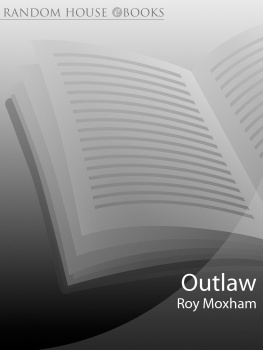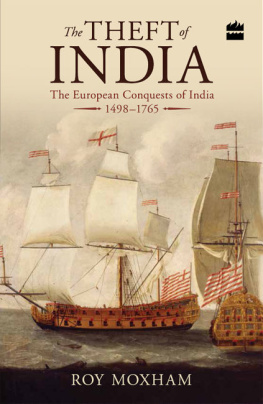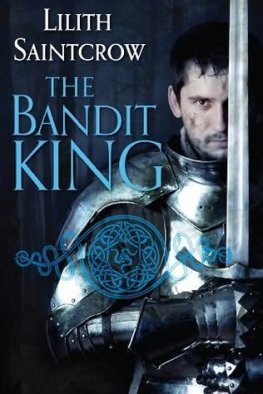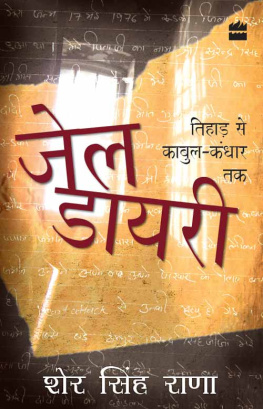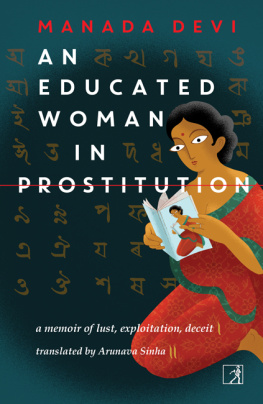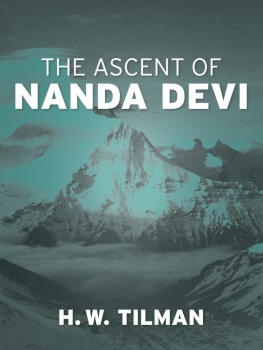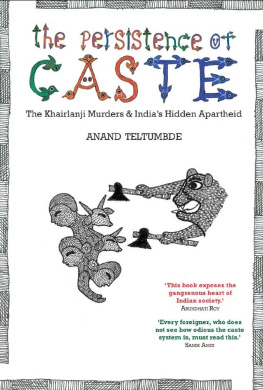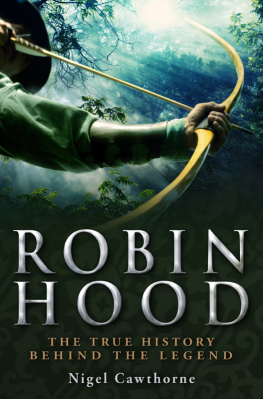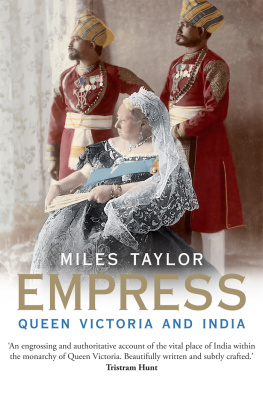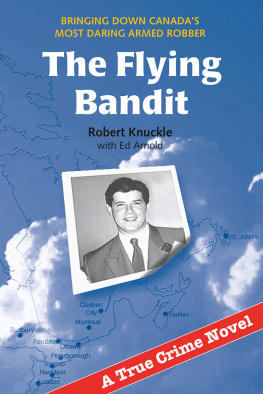Contents
Also by Roy Moxham
The Great Hedge of India
A Brief History of Tea

This ebook is copyright material and must not be copied, reproduced, transferred, distributed, leased, licensed or publicly performed or used in any way except as specifically permitted in writing by the publishers, as allowed under the terms and conditions under which it was purchased or as strictly permitted by applicable copyright law. Any unauthorised distribution or use of this text may be a direct infringement of the authors and publishers rights and those responsible may be liable in law accordingly.
Version 1.0
Epub ISBN 9781407080130
www.randomhouse.co.uk
1 3 5 7 9 10 8 6 4 2
First published in 2010 by Rider, an imprint of Ebury Publishing
Ebury Publishing is a Random House Group company
Copyright Roy Moxham, 2010
Roy Moxham has asserted his right to be identified as the author of this work in accordance with the Copyright, Designs and Patents Act 1988.
All rights reserved. No part of this publication may be reproduced, stored in a retrieval system, or transmitted in any form or by any means, electronic, mechanical, photocopying, recording or otherwise, without the prior permission of the copyright owner.
The Random House Group Limited Reg. No. 954009
Addresses for companies within the Random House Group can be found at
www.rbooks.co.uk
A CIP catalogue record for this book is available from the British Library
ISBN 9781846041822
To buy books by your favourite authors and register for offers, visit
www.randomhouse.co.uk
1
A Letter from India

If I am released alive, then I will surely meet you
If I die, then in my next birth.
IN JUNE 1992 I did a very strange thing. I wrote to a bandit in an Indian jail. In the Independent the previous day there had been an article about Phoolan Devi, the Bandit Queen. It was prompted by her standing as a candidate in a by-election to the Indian parliament. She wanted to draw attention to her own plight and also to give the Indian poor, the lower castes and Untouchables, a voice, particularly women. Apparently, she had surrendered to the authorities after being accused of killing twenty-two upper-caste landowners who had raped her, but though it was agreed that she would be released after no more than eight years in jail, this had not happened. She was still in prison. I had never heard of her before but was immediately struck by the harshness of her life, much of it spent in wild ravines, and by her determination to do something about it both for herself and for others.
This impulsive gesture was so unlike me. Why did I do it? I suppose that my first visit to India in February had been such a shock. Hiring an auto-rickshaw from Mumbai (Bombay) airport to the city centre, I had been taken on a short cut through Indias biggest slum. A population of a million or more in pathetic makeshift huts had no proper water supply or sewage system. Children in rags and pigs playing in open cesspits. There was an overpowering smell of filth.
The hostel I stayed in was not far from the luxurious Taj Mahal Hotel. This was surrounded by fabulously expensive jewellers and boutiques, which for the most part catered not to tourists, but to Indians. Rich Indians were driven there in expensive imported cars. The contrast between the lives of the rich and the poor was the same in many other cities. In the villages, the poor were even poorer. It became obvious to me that India had no shortage of money; it needed no overseas aid. The problem was in how its wealth was distributed.
Since that first visit, I had been looking for something that I could do to make an impact. I gave a little money to charities but really I knew that political power for the poor, the majority of Indians, was what was needed. So, with that in mind, and perhaps for other reasons that I was never fully able to explain, I sent Phoolan Devi a letter of support. I offered some help with her legal fees if needed. I also enclosed a postcard of the Houses of Parliament with good luck written on the back. Having no proper address, I sent it by recorded delivery, with an international reply coupon, to:
Phoolan Devi
c/o The Governor
Gwalior Jail
Madhya Pradesh
India
I wondered, would she get it? Would she reply?
A few days later the newspapers reported that Phoolan Devi had lost the by-election in Delhi, and her deposit of 500 rupees (11). The other two candidates were film stars. A political party that represented those at the very bottom of Indian society had backed Phoolans campaign. I was glad that I had sent my letter since it must have been a bad setback for her.
That weekend I was browsing in Hatchards Bookshop when I came across Indias Bandit Queen the True Story of Phoolan Devi by Mala Sen. I stayed up reading it until 2 a.m., completely gripped. What a story. There were good photographs of Phoolan Devi, her family and of various bandits.
*
It seemed that Phoolan Devi had been born into a very poor low-caste family in a village in the north-central Indian state of Uttar Pradesh. Unable to raise an attractive dowry, her parents married her off when only eleven to Putti Lal, a man in a distant village. He was twenty years older than her. He continually beat her, and sexually molested her even though she had not reached puberty. After three years of this, she became ill and he returned her in disgrace to her family. Social stigma forced her family to return her to the husband. He, meanwhile, had acquired another woman. The two of them treated her as a slave beating and starving her for several years before returning her once again to her village. This time she was allowed to stay.
In the village, Phoolan became embroiled in a conflict with some richer relatives over family land. They arranged for bandits to kidnap her. Despite asking for police protection she was abducted. The gang was led by one Babu Singh, who made it clear that he wanted Phoolan as his mistress. One of the gang, Vikram Singh Mallah, who came from the same low caste as Phoolan, then killed the high-caste Babu Singh and Phoolan became his mistress.
The gang now all low-caste carried out many raids. They were based in the wild ravines of the Chambal river valley. Dressed as police, they ventured out to stop trucks and rob landowners. They took money from the rich and bought support from the poor. Eventually, knowing that now she could never return to her village, Phoolan joined in.
Vikrams gang joined up with an upper-caste gang. They seemed friendly but it was a ruse. Vikram and many of his men were shot. Phoolan was captured, confined in a village called Behmai, and constantly raped. Eventually, a sympathetic priest smuggled a shotgun into her and she escaped.
Phoolan Devi then met with the gang of one of Vikrams friends. They united together with a bandit called Man Singh, and formed a new gang that Phoolan would command. After some time, Man Singh and Phoolan became lovers. This gang carried out many raids in both Uttar Pradesh and the adjacent state of Madhya Pradesh. In one notorious incident they captured a town, looted the bazaar and distributed the goods to the poor. Phoolan became a folk hero. The government offered a reward for her, dead or alive.
In 1981 the gang attacked Behmai, where Phoolan had been imprisoned and raped. Twenty-two upper-caste villagers were rounded up and shot. Although Phoolan denied being directly involved in the massacre, she became the most wanted suspect. The government mobilised thousands of police to catch her. They tortured, raped and killed many innocent people. Phoolan, with the aid of the lower castes that she had always taken pains to help, evaded capture. In the wake of this and other reverses, the Chief Minister of Uttar Pradesh (politically the most important state in India, with the huge population of 140 million) was forced to resign.
Next page
